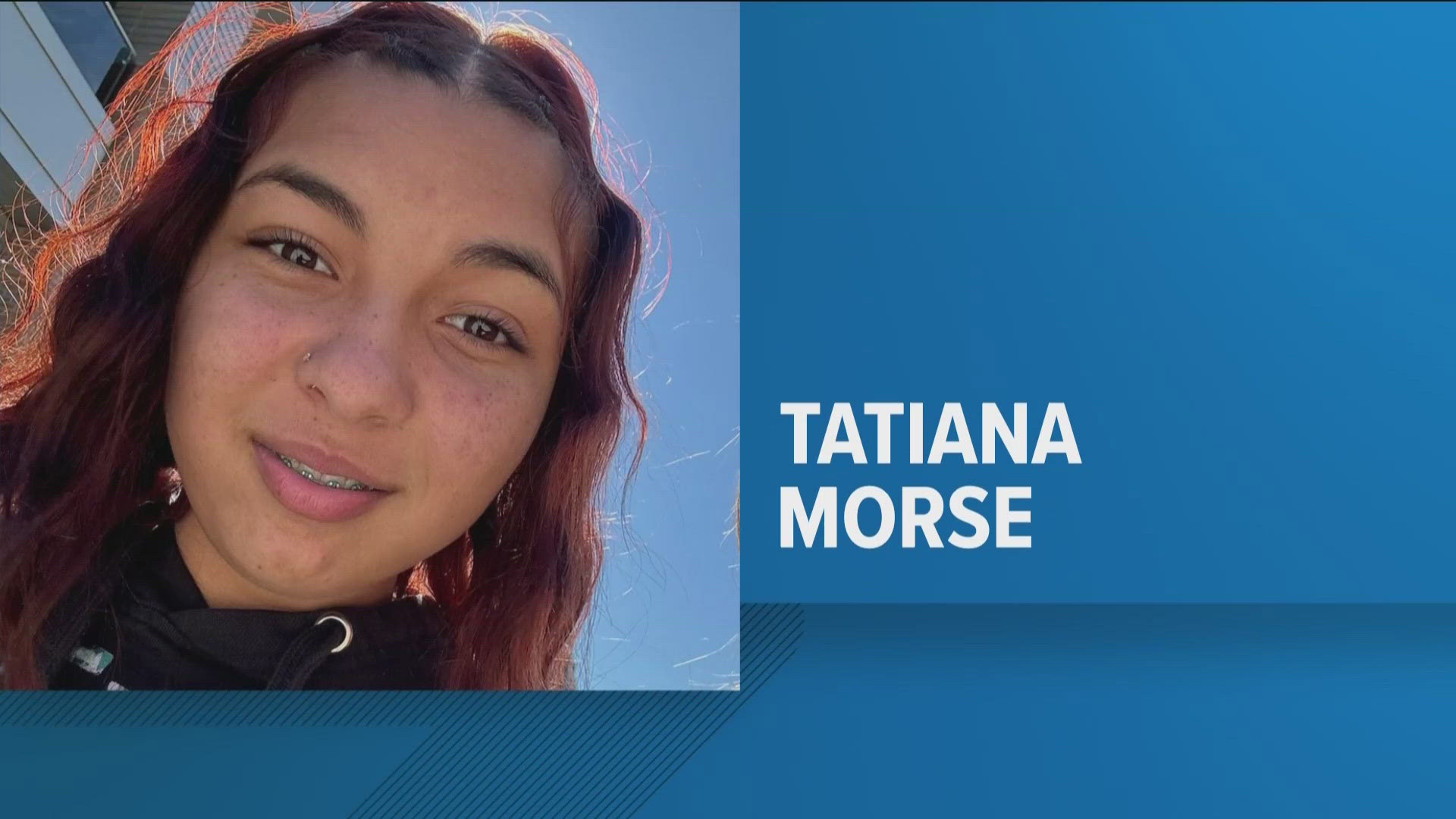A gag order is in effect in the case of a man accused in the murder of a Georgia beauty who vanished back in 2005.
Ryan Alexander Duke was charged last week in the murder of Tara Grinstead. The beauty queen and teacher had gone missing more than 11 years before.Her body has not been found.
According to arrest warrants, authorities believe Duke killed Grinstead while burglarizing her home. The GBI has continued to search for her remains.
Superior Court Judge Melanie Cross issued the order on Tuesday. According to the order, attorneys, prosecutors, potential witnesses, court personnel and family members on both sides are not allowed to make any statements to the media.
David Oedel, a Professor of Law at Mercer University, says gag orders are not uncommon in high profile cases like these, but he says gag orders can also sometimes be considered unconstitutional. Oedel says there are other alternatives to filing a gag order.
"For instance, the court could transfer the matter to another jurisdiction, it could interview potential jurors to make sure they haven't been tainted. It can issue clear instructions at trial about what they can properly consider and what they can't,” says Oedel.
Photos | Tara Grinstead missing 12 years
Photos | Tara Grinstead missing 12 years
The professor says there was even a gag order in cases like the O.J. Simpson trial.
"The judge feels like typically that the judge losing control of the case and they don't like that, so in these high profile cases, they typically don't have a lot of experience. They feel that they've lost control and they want to gain it back so they issue a gag order,” explains Oedel.
Oedel says gag orders can be considered unconstitutional because they harm the rights of the public from knowing what's going on and he says it can't be proved that they help defendants in these cases.





































